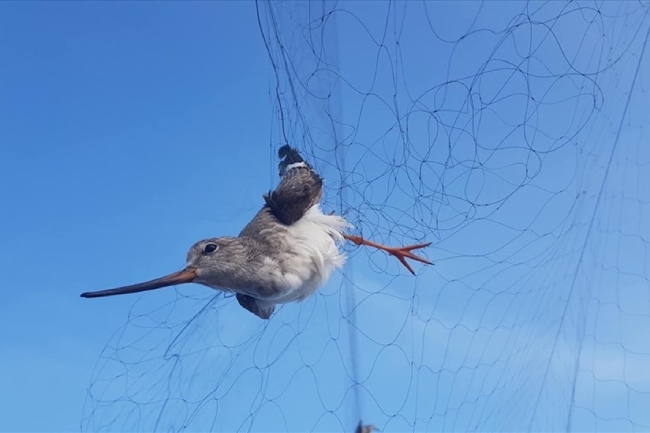Vietnam is recognized as one of the world's most biodiverse…

Open Letter to PM on wild bird conservation
On May 25, 2021, People and Nature Reconciliation (PanNature) and 17 other nature conservation organizations sent the Open Letter to the Prime Minister with 06 recommended solutions on the protection of wild and migratory birds.
Vietnam has been identified as one of the most important areas in East Asia – Australia bird flyway network. However, the rampant trade in wild birds nationwide has long existed, causing biodiversity loss and adverse impacts on the ecosystem.
At some hot spots around protected reserves and biosphere reserves, as well as in big cities such as Hanoi, Ho Chi Minh City, Mekong Delta provinces (Thanh Hoa Agriculture Market in Long An, Tam Nong Bird Market in Dong Thap, etc), many rare, precious and protected bird species are captured and slaughtered, challenging law enforcement agencies.
In the times of the 4th wave of COVID-19, the biodiversity and ecosystem will continue to deteriorate if we do not put an immediate end to the illegal wild bird trade.
To maintain populations of wild and migratory birds as well as other wildlife species, conserve biodiversity, ensure functional ecosystem and prevent disease outbreaks, the organizations recommend a comprehensive approach with a series of specific measures as follows:
- Strengthen monitoring the implementation of Directive 29/CT-TTG dated 23 July 2020 of the Prime Minister on a number of urgent solutions for wildlife management; requesting ministries, agencies, and provinces to lead, supervise, evaluate, have a prompt reward to good examples and apply stringent discipline for agencies that do not strictly follow the Directive. People’s Committees at all levels should be made responsible for protecting wild and migratory birds;
- Amend, supplement and issue new laws and specific regulations for the protection of wild and migratory birds, especially birds that have the roles of pollination and insect pest control in agriculture, as well as strengthening punishments on related violations;
- Issue legal documents to prohibit advertising, selling, buying, using traps to capture and kill wild and migratory birds and other destructive specialized handmade tools;
- Issue legal documents to ban the eating, killing, storing, transporting, selling, buying wild and migratory birds, their meat, and body parts;
- Develop a national action plan to protect and enable the recovery of wild and migratory birds;
- Participate in the Convention on Migratory Species (CMS).



